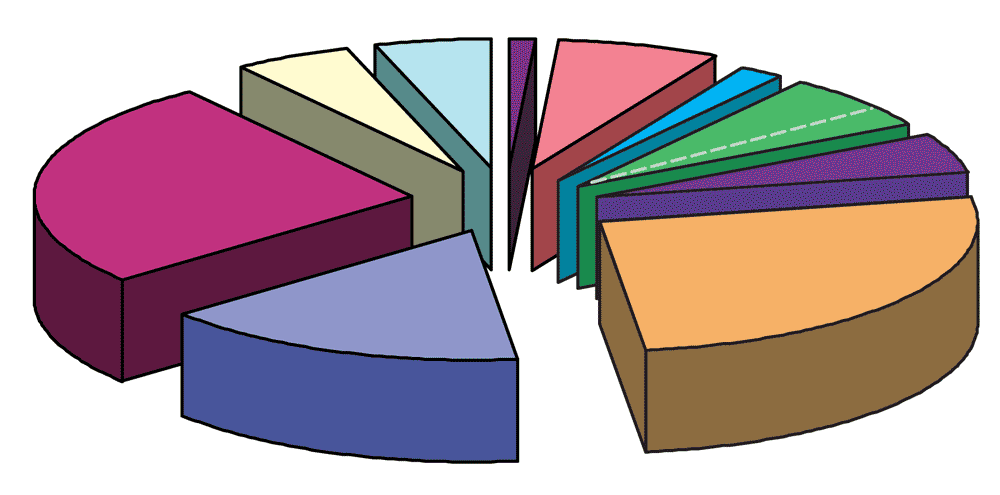Yard waste is a resource
21,946 tons were disposed of at the landfill in 2019
What is it?
Yard waste is made up of grass clippings, leaves, stalks, twigs, branches and general yard debris.
City and county ordinances prohibit yard waste from curbside garbage collection. Most residential yard waste in King County is turned into compost at Cedar Grove Composting (external site), one of the largest compost facilities in North America.
Why recycle yard waste?

In the landfill yard waste is a wasted resource. As yard waste and other organic materials decompose, they generate harmful greenhouse gases such as methane. When yard waste is composted at the regional compost facility the gas effect is greatly lessened. By recycling and composting yard waste, it becomes a natural plant food and soil amendment. Added to soil, compost absorbs excess rainwater, slows runoff and releases water to plants between rainfalls. Compost also supports the soil food web external link , which filters air and water as it percolates through, supports healthy plant roots and traps pollutants such as heavy metals and pesticides. Healthy soil is the first step of the popular five-step natural yard care program.
What can you do?
Turn this waste into a resource by:
- Composting in your back yard.
- Subscribing to curbside yard waste collection.
- Recycling yard waste at a landscaping or landclearing business in your area.
- Asking your landscape professional to take yard waste to composting location in your area.


 Translate
Translate
